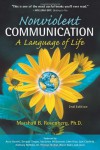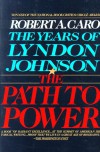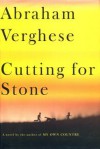Currently reading

I actually started reading this just before Christmas, but kept putting it down to read/finish other things. In case you're not at all familiar with it, this is the book that the movie The Christmas Story is based on. My advice: If you like that movie, avoid this book. If you don't like that movie, forget this book exists.
The cover blurb says that Shepherd bridges the gap between James Thurber and David Sedaris. But he's neither as concise as Thurber nor as interesting as Sedaris. Neither is he as funny nor original as either one of them. Basically, Shepherd has maybe a half-dozen humorist tricks that he uses over and over again. If you've seen the movie, you'll recognize them. There's the "stuff of legend" trick, for example, where he remarks in one way or another that a particular event is still part of the lore of Cleveland Street to this day. Funny in the movie, not so much in the book—especially by the seventh time he uses it. There are a very few others, and these are the devices he turns to over and over again throughout the book.
And don't even get me started on the frame. I'm not a big fan of the frame as a storytelling device anyway, but (a) Shepherd's particular frame is a really lame one, and (2) he's not satisfied with just one frame, so most of the book exists within a double frame. Basically, the premise of the book is that he's going back to his hometown and hooking up with an old friend (Flick, who's in the movie) for drinks. They are bullshitting and Shepherd completely dominates the conversation with wistful stories from their youth. But he begins most of these stories for Flick by talking about some event that's happened to him recently in his Life in the Big City. This is the double frame I'm referring to. You can imagine how annoying this gets.
I could go on and on, but I won't. It's a crappy book, and I only bothered finishing about 3/4 of it. It's pretty rare that I consciously give up on a book, but I just can't waste any more time with this one. Obviously, if I could have given it less than 1 star, I would have.











